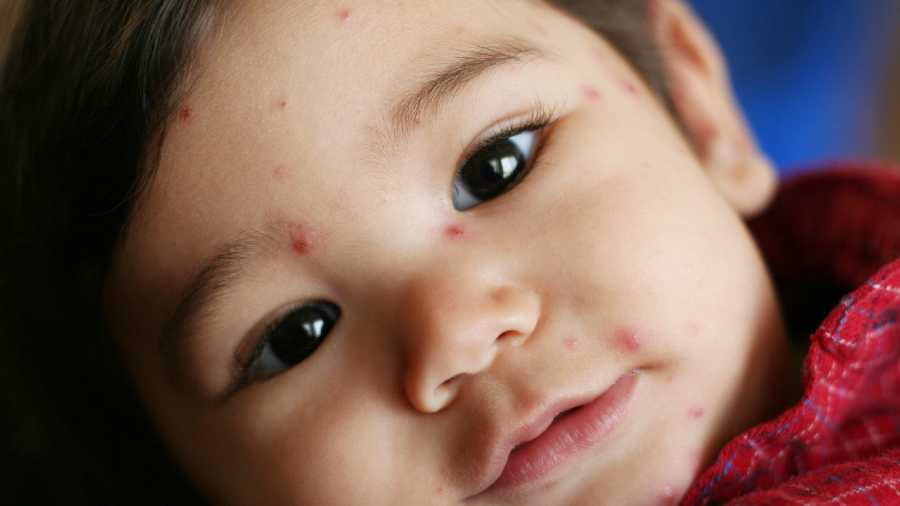A number of people in the city are down with chickenpox and doctors said the withdrawal of winter and arrival of spring could lead to an increase in the numbers.
Some of the symptoms of chickenpox, caused by the varicella-zoster virus, are similar to that of Covid: fever, congestion in the upper respiratory tract, sore throat and bodyache.
The symptoms are often causing people infected with the chickenpox virus to suspect they have caught the Covid virus.
It is only when vesicles are appearing on the skin, usually two or three days after the onset of other symptoms, that they realise they have contracted chickenpox.
“For three days I had been running a temperature, post-evening. There was a tremendous body ache and sore throat. I thought it was Covid and consulted my doctor, who advised me to remain isolated,” said a 39-year-old resident of Shyambazar in north Kolkata.
“It was only when vesicles appeared on the skin that I suspected it was chicken pox. My doctor confirmed it.”
Doctors said most people who had Covid in the third wave had symptoms like fever, bodyache, headache and congestion in the upper respiratory tract. The symptoms are different from the earlier phases of Covid infections, when loss of smell and taste was common. Also, the lower respiratory tract, including the lungs, were impacted in the earlier waves.
Sauren Panja, a critical care expert at the Rabindranath Tagore International Institute of Cardiac Sciences, said he had come across sporadic cases of chickenpox recently but the numbers were not alarming.
“Many of them visited our OPD. The initial symptoms are making many think they have Covid, but within a few days it is becoming clear that these people have been infected with the chickenpox virus,” said Panja.
Chandramouli Bhattacharya, an infectious diseases specialist at Peerless Hospital, said the incidence of chickenpox was more in January and February than the rest of the year.
“Since most people had taken the chickenpox vaccine in their childhood, the disease does not lead to severe complications. It can, however, turn serious among the elderly and those whose immunity is compromised. It can lead to pneumonia in such people,” said Bhattacharya.
Like in Covid, the virus causing chickenpox transmits through droplets emitted when an infected person coughs, said Panja. The virus also spreads when one comes in contact with the body fluid of an infected person. “That is why infected people are asked to stay isolated from others,” Panja said.
The WHO website says chickenpox “transmission occurs via droplets, aerosols, or direct contact with respiratory secretions, and almost always produces clinical disease in susceptible individuals. While mostly a mild disorder in childhood, varicella tends to be more severe in adults”.
